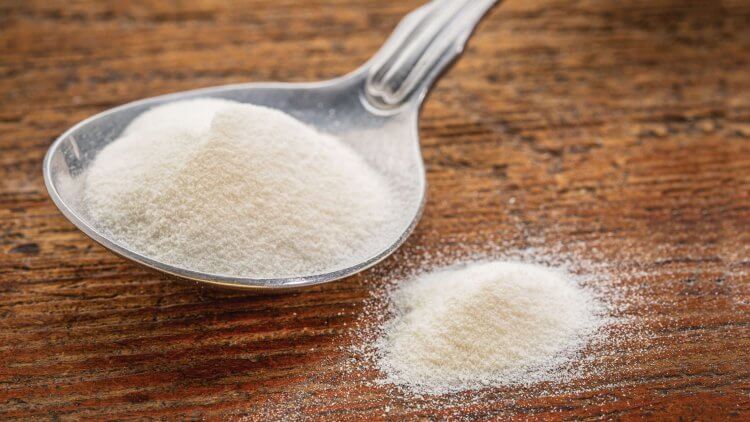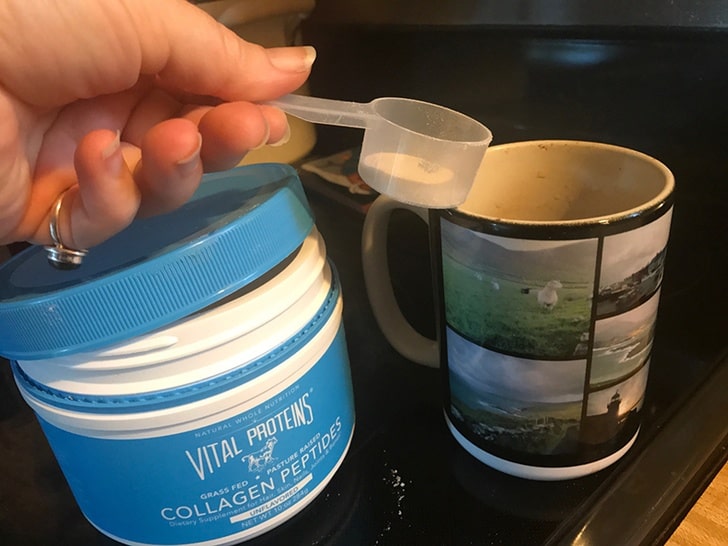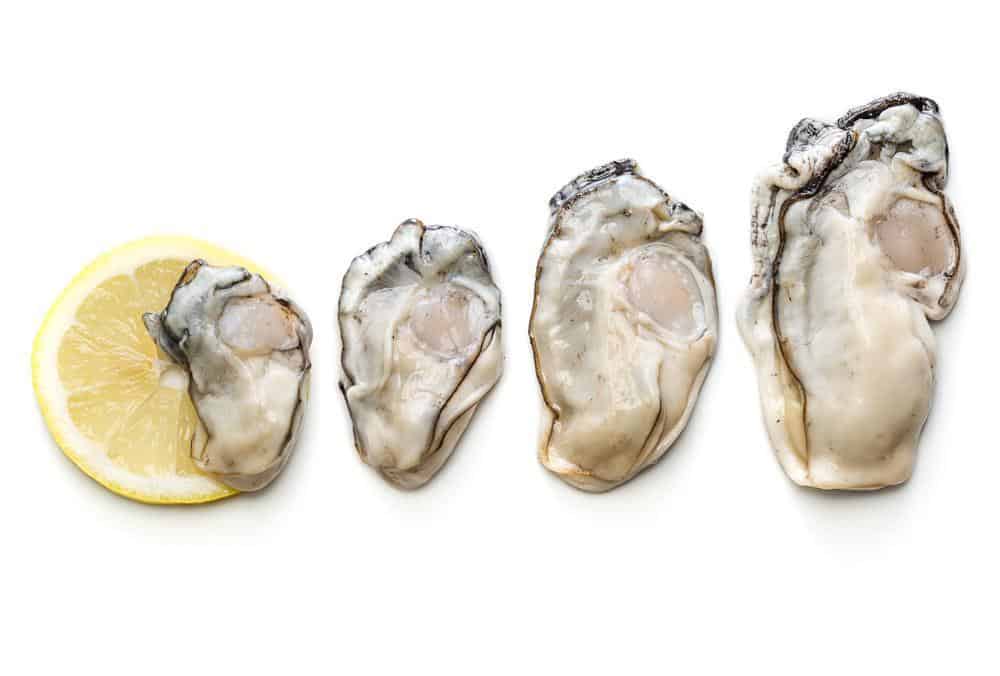Collagen supplements have recently gained popularity as a potential component to enhance skincare routines. As we strive to maintain healthy and youthful-looking skin, it’s essential to carefully weigh the options and make informed decisions regarding the use of such supplements. Our goal is to help guide you through the process of selecting the right collagen supplement for your needs and debunk any myths associated with their impact on your skin’s appearance.
It’s important to note that while collagen is a crucial protein in our skin, there is limited research to support the idea that collagen supplements significantly improve the look of our skin. Despite this, the known benefits of collagen should not be dismissed. We will dive into the various factors to consider, such as type, dosage, and duration of use, to help you make an educated choice in incorporating collagen supplements into your health and skincare regime.
Chapter Overview
What is Collagen?
Collagen is a crucial protein that constitutes about 70% to 80% of our skin, providing structure, fullness, and plumpness. It’s also the primary component of connective tissues, found in various body parts, including our bones, ligaments, muscles, blood vessels, hair, and tendons.
Collagen’s Main Functions:
- Provides structure for the skin
- Strengthens bones
Types of Collagen:
- Type I: Most common type found in skin, bones, tendons, ligaments, and other connective tissues
- Other Types: Various types provide specific functionality to specific tissues
Amino Acids in Collagen: Collagen consists mainly of three amino acids – glycine, proline, and hydroxyproline. These amino acids help maintain strength and elasticity in our skin, bones, and muscles.
Collagen Peptides: Collagen supplements usually contain hydrolyzed collagen, making it easier for our bodies to absorb.
Collagen Production: Fibroblasts are cells that produce collagen and elastin, properly maintaining our skin and connective tissues. Natural collagen production can also be boosted by the consumption of certain foods.
We have consumed collagen through various foods for centuries. For example, gelatin, a cooked form of collagen, is obtained by boiling the skin, bones, and cartilage of animals, used in various products such as puddings, cakes, yogurt, ice cream, and soups.
Why you are not getting enough collagen?
Several factors contribute to a decrease in collagen production. As we age, it’s natural for our body to produce less collagen. Additionally, certain lifestyle habits can further reduce collagen levels:
- Excessive sugar consumption: Eating too much sugar may hinder collagen production and even damage existing collagen structures.
- Alcohol consumption: Regular alcohol intake can weaken collagen fibers, leading to decreased elasticity and increased vulnerability to damage.
- Smoking: Harmful components in cigarettes damage collagen-producing cells and obstruct collagen synthesis.
- Sun exposure: Prolonged exposure to UV rays degrades collagen, weakening tendons and cartilage.
By addressing these factors, you can help maintain your body’s collagen levels and support healthy bones, joints, and muscles.
Benefits of Collagen for Skin
Prevents Aging of the Skin
As we age, our skin loses collagen, leading to the appearance of wrinkles, fine lines, and other signs of aging. While we cannot reverse aging, collagen supplements can help slow down and even prolong this process. Moreover, if wrinkles have started to appear on your skin at a younger age, collagen supplements may help reverse this process. Consuming collagen supplements can improve skin elasticity within just one month.
Can Reduce Cellulite
Cellulite, a common skin issue that affects a significant number of women at some point in their lives, appears as dimpled or lumpy skin. It is caused by a layer of fat pushing up against the connective tissue underneath the skin. Collagen peptides have been shown to improve the appearance of cellulite. While more research is needed to solidify these claims, trying collagen supplements might be beneficial given the prevalence of cellulite.
Deliver Glowing Skin
One of the most important benefits of collagen for skin health is the promotion of radiant and glowing skin. By consuming collagen supplements or increasing collagen consumption through certain foods, your skin can achieve a lustrous, youthful appearance similar to that of a baby’s skin.
How to Boost Your Collagen?
Try Bone Broth

An age-old remedy for increasing collagen is bone broth. We’ve been using it for years to extract the flavor and beneficial nutrients of collagen. Not only is bone broth a great source of collagen, but it’s also easy to add to our diets with its low calorie content. We can incorporate bone broth into soups, stews, and whole grains or even enjoy it in powder form.
Powdered Gelatin

Powdered gelatin is another convenient way to boost collagen consumption. As the cooked form of collagen, gelatin can easily be mixed into liquids like soups, stews, broths, or even keto coffee. For those with a sweet tooth, powdered gelatin pairs well with fruit as a snack or can be incorporated into ice cream recipes.
Collagen Peptides

Finally, collagen supplements are an easy solution to improving collagen production and consumption. Hydrolyzed collagen peptides are available from various brands online and in stores. These supplements are ideal as the amino acids have been broken down, making them easily absorbed and digested by our bodies.
Collagen peptides can be added to:
- Smoothies
- Hot beverages
- Baked goods
By incorporating bone broth, powdered gelatin, and collagen peptides into our diets, we can effectively boost our collagen intake and enjoy its numerous benefits.
Foods High In Collagen
Leafy Greens And Citrus Fruits

To achieve healthy skin, consuming foods rich in vitamin C is essential. Vitamin C plays a significant role in collagen synthesis. Leafy greens and citrus fruits have high vitamin C content, making them excellent choices for a balanced diet. Some examples include:
- Broccoli
- Kale
- Spinach
- Lemon
- Oranges
Oysters

Oysters are a great source of minerals such as zinc and copper, which are necessary for collagen synthesis. They also provide protein and unsaturated fats, adding another layer of nutritional value.
Meat

Meat, like beef, provides essential amino acids that our bodies cannot produce on their own. These amino acids are necessary for collagen production, making meat a valuable addition to our diets.
Poultry

Chicken, in particular, deserves attention when considering collagen-rich foods. While it may not be the best protein source, it contains an abundance of dietary collagen found within its connective tissues. This is why many collagen supplements are derived from chicken.
Shellfish and Fish

Marine life, such as shellfish and fish, have bones and ligaments made of collagen. Nutrition experts suggest that marine collagen is more easily absorbed by our bodies. However, the challenge lies in consuming the parts rich in collagen – the head, scales, and eyeballs.
Egg Whites

Egg whites contribute to collagen production by providing amino acids required for the process. Although they don’t contain connective tissue like other animal products, egg whites supply the necessary amino acids for a balanced diet.

